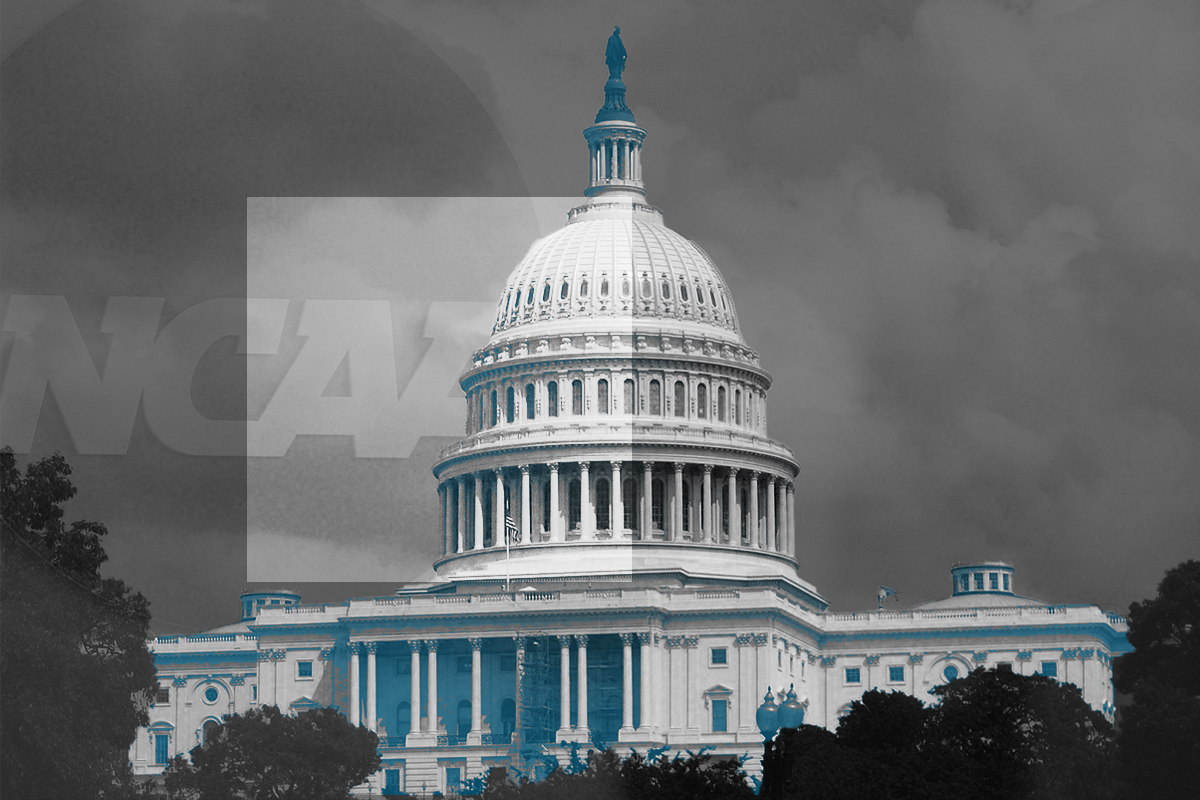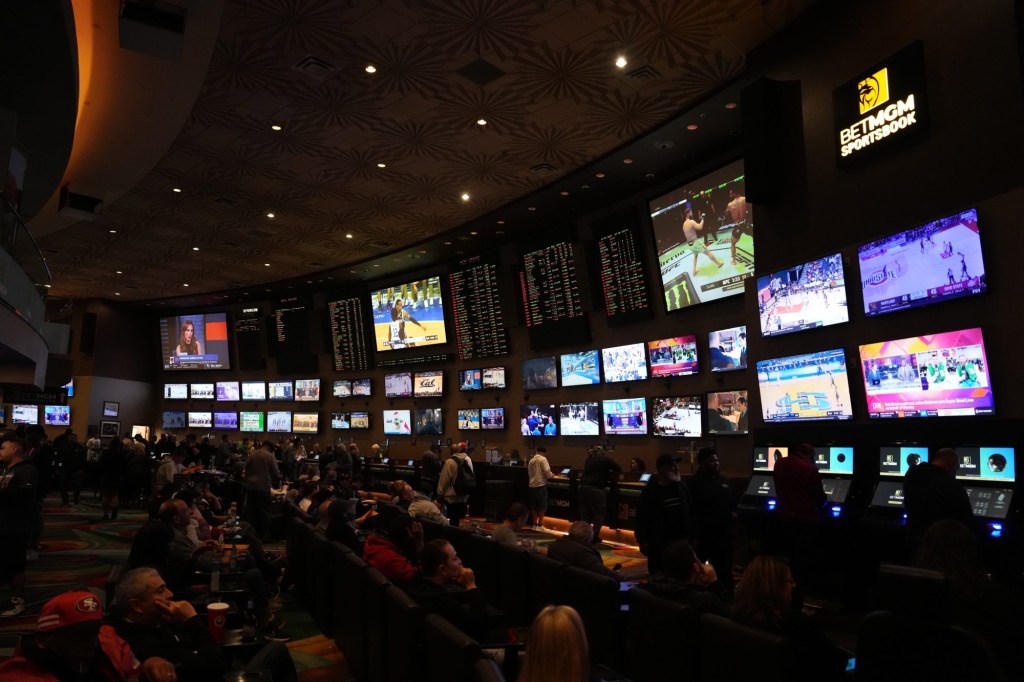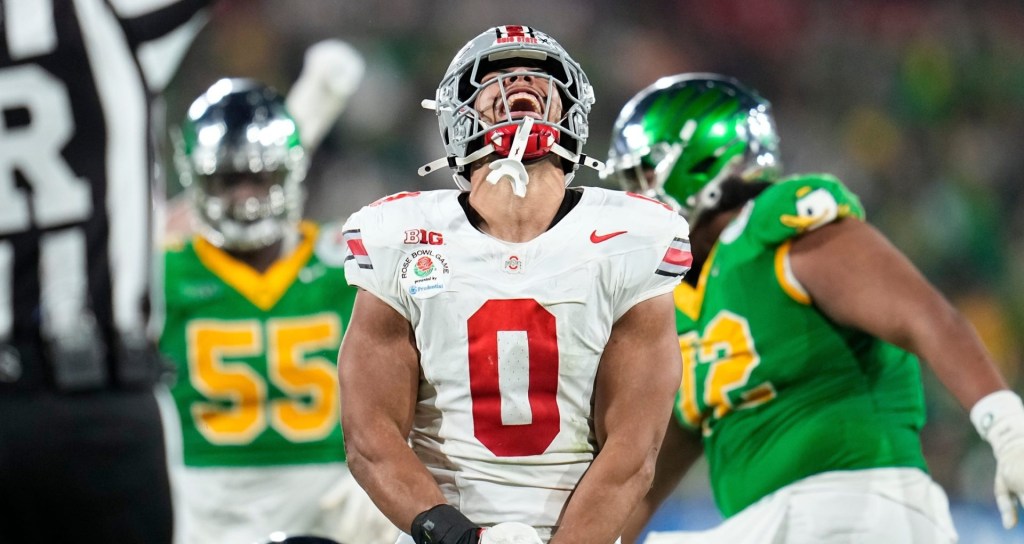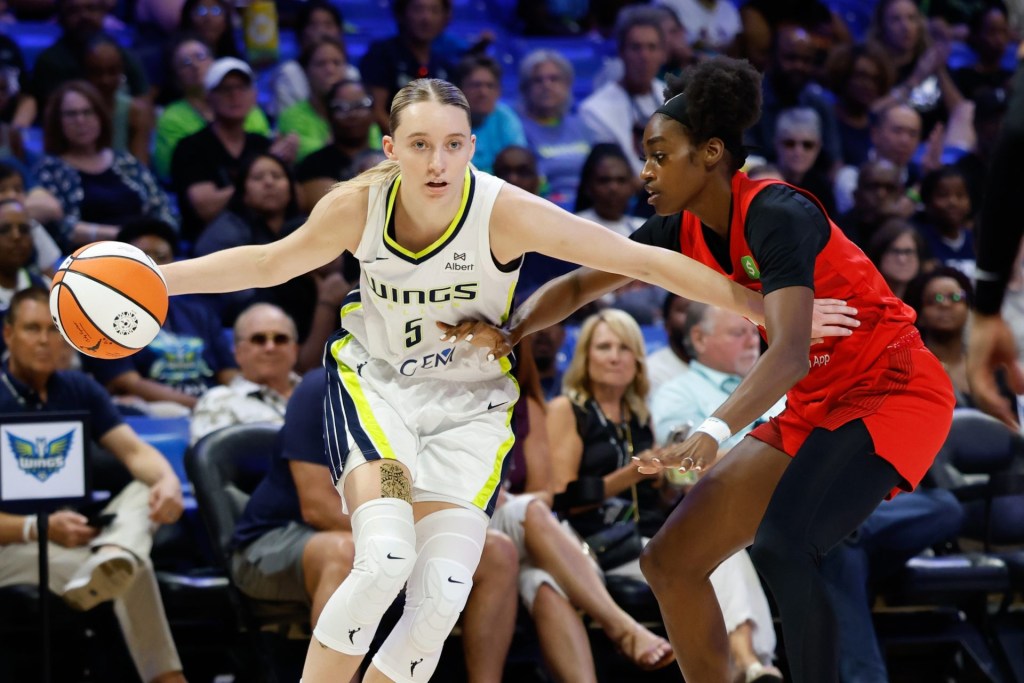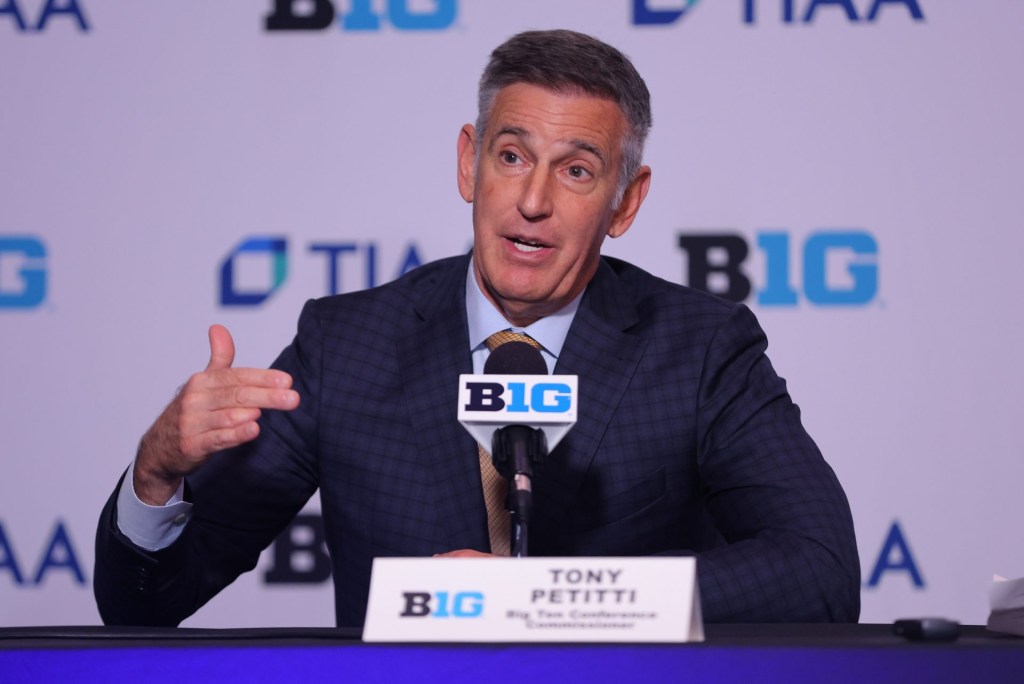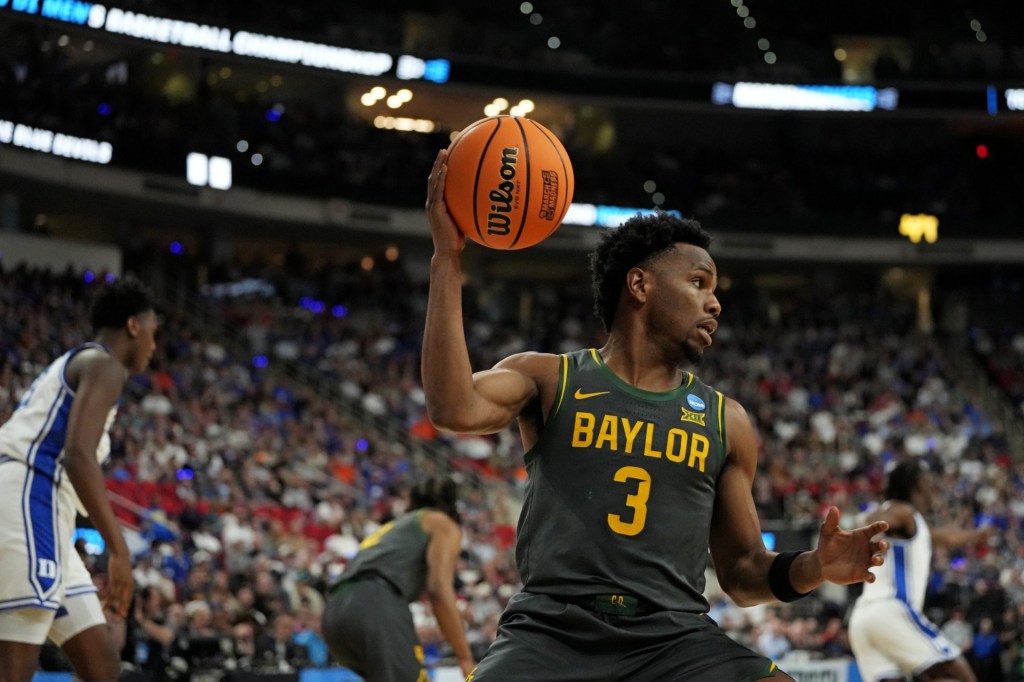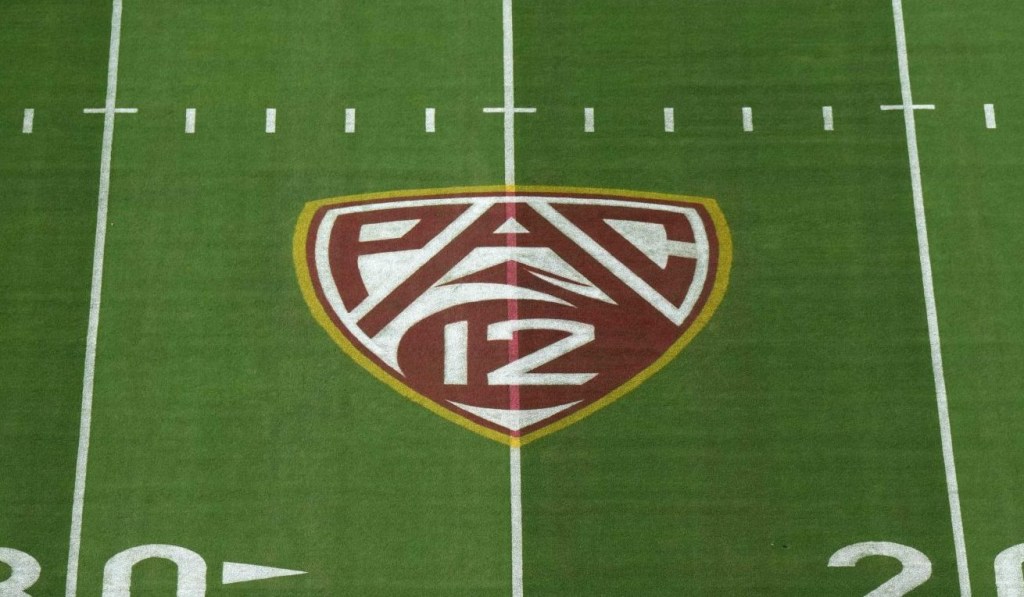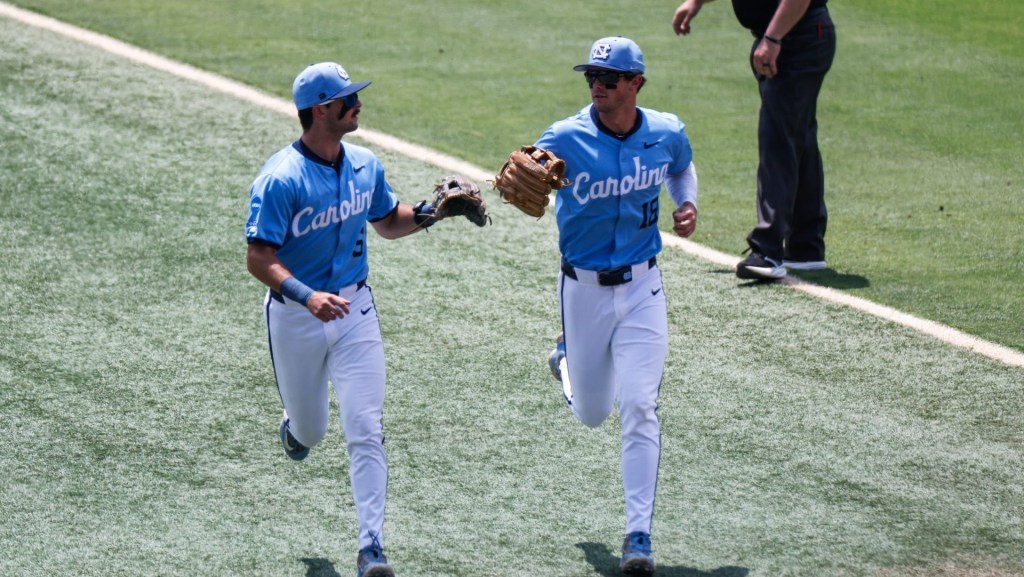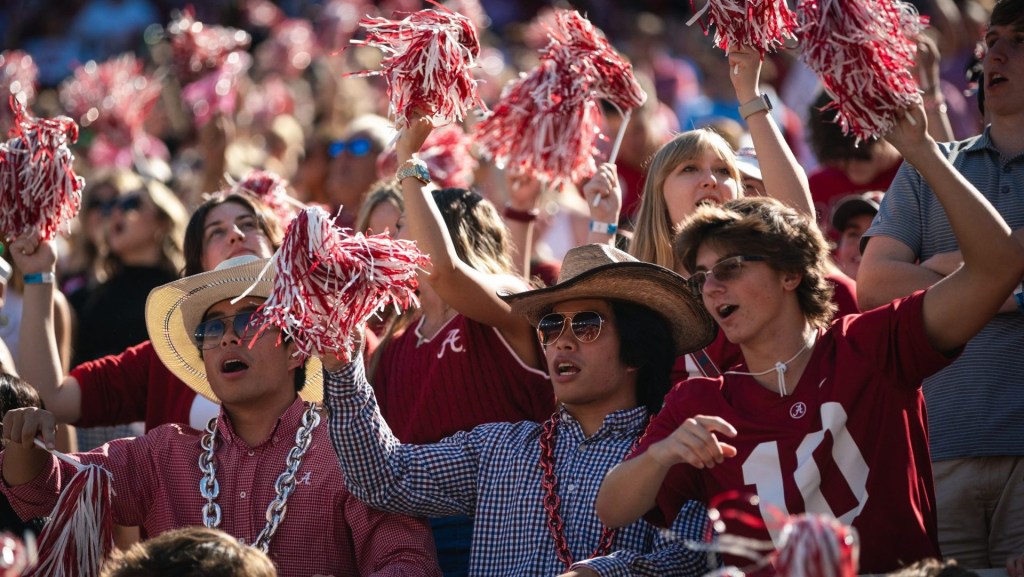The Senate Commerce Committee has held two NIL hearings over the past eight days — two weeks before six state laws take effect to restore rights for college athletes to profit off their name, image, and likeness.
Witnesses agreed at both hearings that athletes should get NIL rights, and almost all expressed support for a federal law.
But two points of contention emerged. How many restrictions should a federal NIL bill have? And should a federal bill also address other glaring issues, like gender inequities and a lack of health and safety guideline enforcement?
If lawmakers can’t agree, a federal bill may be stalled.
If that happens, college athletes in many states won’t be able to earn NIL compensation. Some athletes, from FBS football players to women’s volleyball players, could earn more than $100,000 annually, according to multiple valuations.
In addition, the unequal recruiting playing field will be exacerbated, and athletes will risk violating NCAA rules in following their own state NIL laws.
Last week’s hearing featured NCAA president Mark Emmert, school administrators, and sports lawyers. While topics like inequities and healthcare came up, last week’s hearing mostly centered around how an NIL bill could or should look.
Thursday’s hearing included current and former athletes, and Martin McNair, the father of late Maryland football player Jordan McNair. This hearing made it clear that athletes want more than NIL rights — they also want the NCAA to be held accountable for failures in athlete health and safety, and gender and race inequities.
Witnesses on Thursday also endorsed the College Athlete Bill of Rights, which goes far beyond NIL rights.
“I think it’s all tied together,” former Georgetown basketball player Sari Cureton said of the issues on the table. “It is our bodies that have built this industry.”
